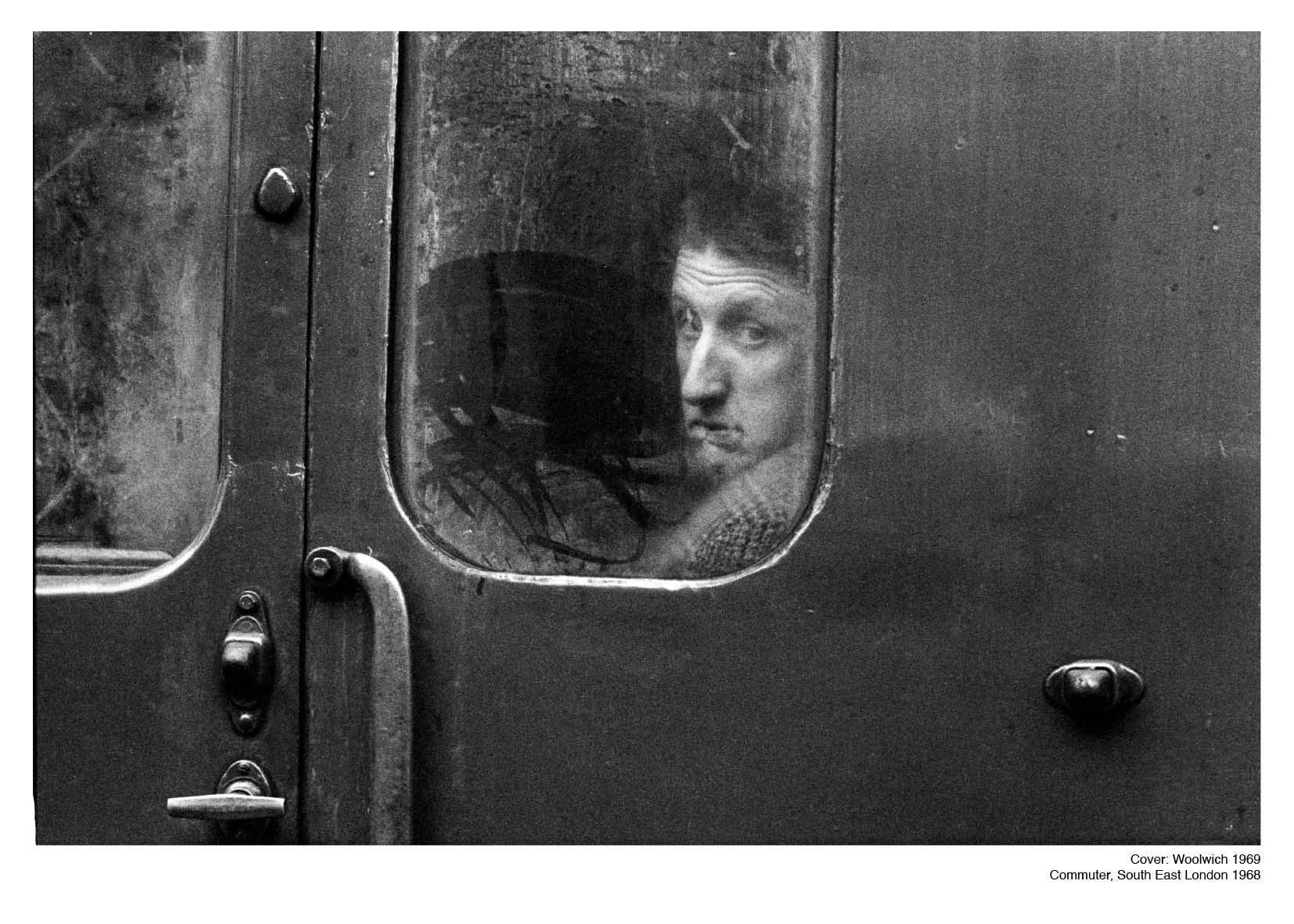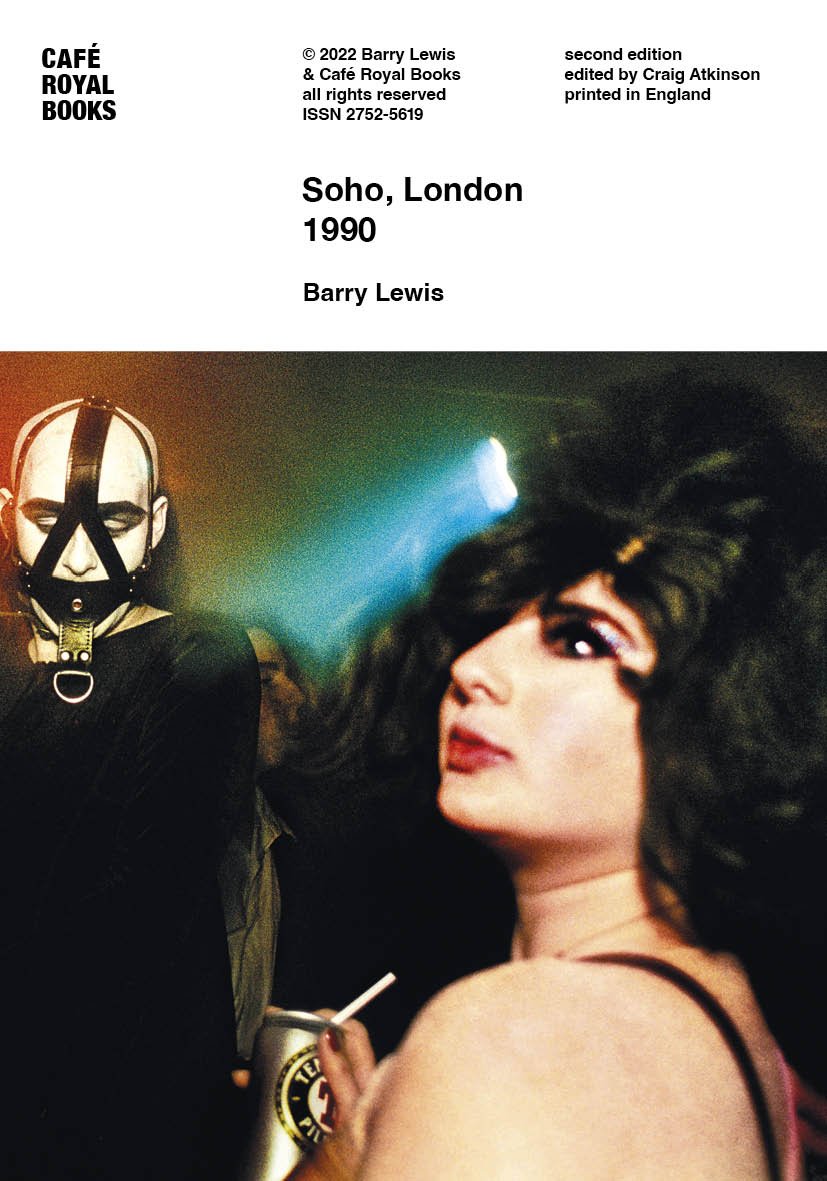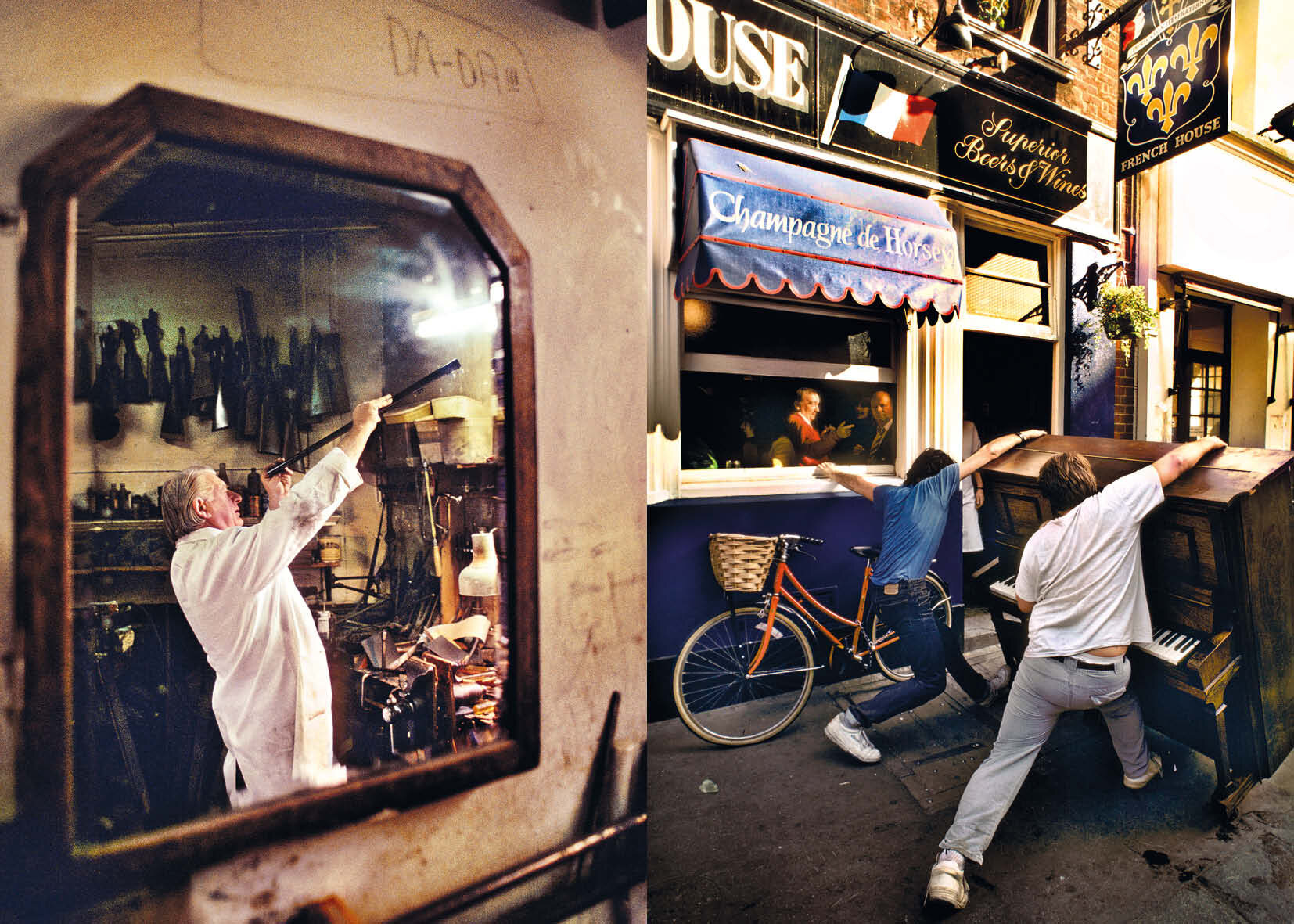Janine Wiedel — Eco Warriors, London 1998–1999



















Janine Wiedel — Eco Warriors, London 1998–1999
36 pages
printed in England
staple bound
14cm x 20cm
Tea with Noddy involved navigating 60 feet of wobbly rope ladder running up the tree trunk and scrambling onto the porch of his penthouse home. The view and tea were well worth the upwards journey, though the descent was terrifying.
For one year, Eco Warriors established a camp on public parkland on the site of the former Crystal Palace, the highest point in South London. In 1986, the site and park had been taken over by Bromley Council, who had watched over what many local residents felt to be a strategy of managed decline. Just over a decade later, approval was granted for a £56 million leisure complex, with a 20-screen cinema multiplex, 9 restaurants/bars, various retail outlets and rooftop parking for a thousand cars. Twelve acres of parkland would be taken over and 200 trees felled. But local groups mounted legal challenges and campaigned to halt the plans. In 1998, they raised £35,000 for a Judicial Review to overturn the planning permission. The High Court rejected their case, but the community continued the battle. It was during this time that residents and campaigners welcomed the Eco Warriors who arrived to occupy the site.
I visited the Big Willow Tree Camp regularly and spent time exploring the creatively fortified tree houses and lookout structures made from scrap wood, metal and scaffolding. For a year, these were homes to a wide range of people of different ages and backgrounds, united by the aim to preserve public land from the incursion of large corporations.
Many of the camp's residents were experienced in scaffolding and climbing techniques and spent their time constructing makeshift fortifications and barricades for resisting the inevitable eviction. An elaborate system of rope walkways joined the surrounding treetops, allowing people to move through the air from tree to tree as well as from one treehouse to another. These were to be escape routes during the eviction. Navigating them took practice and training but also provided a space for play and acrobatics. Top secret planning also went on below the surface, where a network of tunnels and lock-ons were dug to make the bailiffs' job more difficult.
The occupation ended with a dramatic eviction in March 1999. Roads were sealed off and Cherry Pickers, normally used to repair streetlights, plucked protesters from the trees. It took 3 weeks, a battalion of riot police, hundreds of security guards and a special tree climbing force to remove about 50 Eco Warriors. Some remained underground for over a week.
Whilst the camp was shut down, the wider campaign to stop the development was successful. In 2001, the construction plans were shelved.









